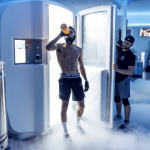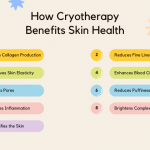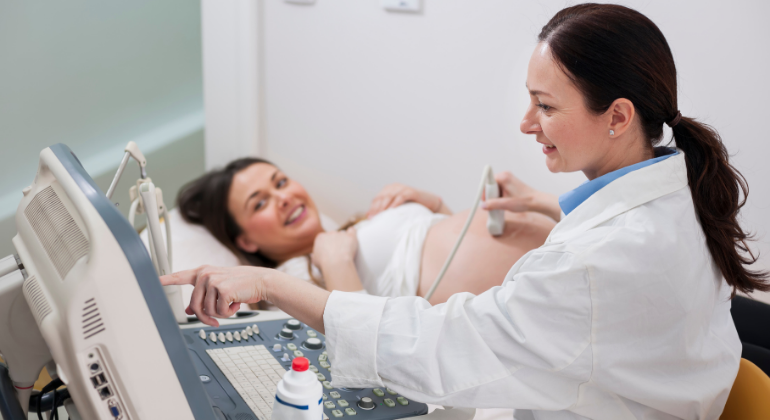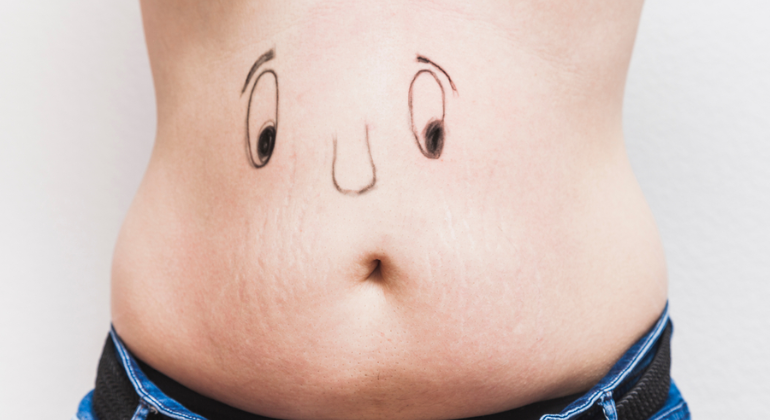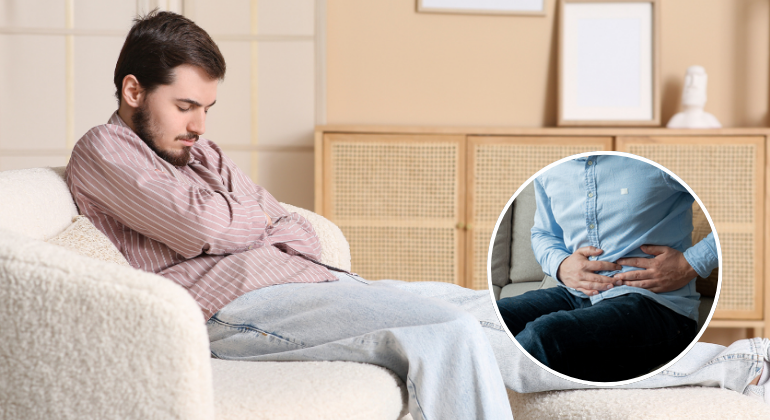Cryotherapy known for its benefits in physical recovery, is also gaining attraction in the mental health recovery. This treatment, which involves exposing the body to extremely low temperatures, is showing to be a successful approach to reduce anxiety, relieve depression, and increase general emotional well-being. We will explore, the psychological impacts of cryotherapy, its benefits for mental health issues, and the reasons behind its rising popularity among people seeking alternative ways to treat mental health problems.
What is Cryotherapy?
Cryotherapy exposes the body for a few minutes, between lowest temperatures of -110°C and -160°C. Usually used in whole-body cryotherapy (WBC), patients enter a cryochamber where their body experiences rapid cooling. This extremely cold triggers a range of physiological responses that produce chemicals in the brain that are capable of enhancing mental health.
Originally designed to treat sports injuries and reduce inflammation, cryotherapy is under research for ability to treat mental health disorders including anxiety and depression. Cryotherapy’s ability to engage the sympathetic nervous system that reset the body’s stress response results in benefits for mental health.
How Cryotherapy Affects Mental Health
The cold exposure during cryotherapy releases endorphins, often referred to as “feel-good” drugs, along with other neurotransmitters like serotonin and dopamine. These chemicals help to balance mood and reduce tension. Moreover, cryotherapy lowers cortisol levels, a hormone related to stress and anxiety.
By inducing the fight-or- flight reaction of the body, cryotherapy helps to reduce mental stress and promote relaxation. Thus, since it obviously improves mood and helps to lower anxiety symptoms, cryotherapy is a helpful valuable treatment for mental health problems.
Key Mental Health Benefits of Cryotherapy
1. Reducing Anxiety
One quite clear benefit of cryotherapy is its ability to lower anxiety. Adrenaline and endorphins produced by the cold help to relax the body and mind. Patients who follow cryotherapy treatments report daily reduced stress, focused attention, and less overwhelmed state. This makes cryotherapy an appealing option for anyone experiencing regular chronic anxiety or panic attacks.
2. Easing Depression Symptoms
Depression is often linked to chemical imbalances in the brain, particularly low levels of serotonin and dopamine, which are responsible for regulating mood. Cryotherapy helps boost these neurotransmitters, which can lead to a significant reduction in depressive symptoms such as fatigue, sadness, and low energy. While cryotherapy is not a cure for depression, it can provide short-term relief and improve the overall emotional state of those struggling with this condition.
Additionally, cryotherapy promotes the release of noradrenaline, a hormone that increases energy levels and mental clarity, which is often lacking in individuals with depression.
3. Lowering Stress Levels
Cryotherapy is effective in lowering cortisol levels, a hormone that spikes when we experience high levels of stress. Elevated cortisol can contribute to both anxiety and depression, so lowering it helps improve overall mental balance. The cold shock of cryotherapy forces the body into a temporary stress response, which ultimately helps reduce long-term stress after the session is complete. Regular sessions can help individuals manage their stress more effectively, reducing the chances of chronic stress leading to mental health problems.
4. Enhancing Sleep Quality
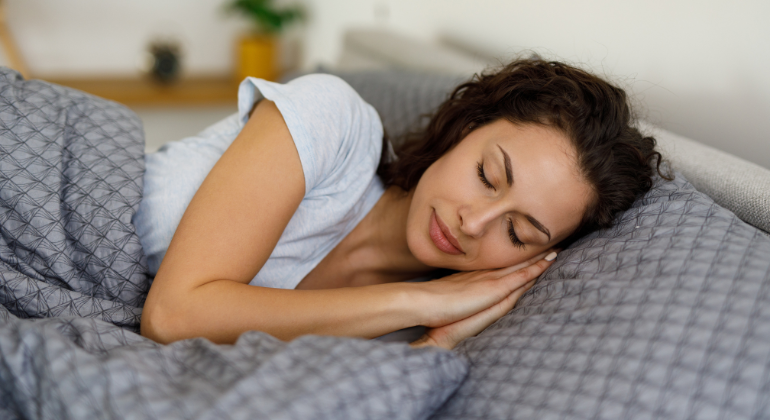
Sleep is a crucial component of mental health, and many individuals with anxiety and depression also suffer from poor sleep quality. Cryotherapy helps regulate the nervous system, allowing the body to relax and promoting better sleep. The reduction in cortisol and the release of endorphins contribute to improved sleep cycles. Many individuals report falling asleep faster and waking up feeling more rested after cryotherapy sessions, which helps improve their mood and mental resilience.
5. Boosting Mental Clarity and Focus
In addition to its mood-enhancing effects, cryotherapy also improves mental clarity and focus. The release of adrenaline and noradrenaline during cold exposure sharpens cognitive function, leaving individuals feeling more mentally alert and focused. This can be particularly beneficial for those suffering from mental fog, lack of concentration, or cognitive fatigue often associated with anxiety and depression.
6. Quick and Immediate Mood Boost
One of the key benefits of cryotherapy is the immediate mood boost it provides. The rapid release of dopamine and endorphins leads to an instant improvement in mood, making it an excellent short-term solution for people experiencing emotional distress. This quick boost is particularly useful for individuals who need immediate relief from symptoms of anxiety or depression.
Cryotherapy and the Nervous System
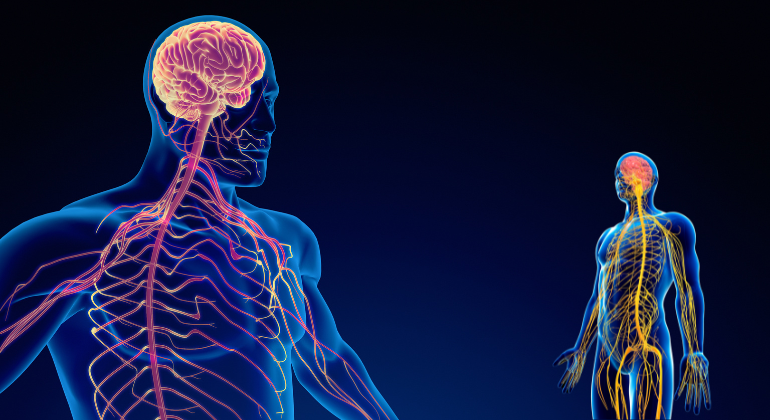
Cryotherapy directly affects the autonomic nervous system, which controls the body’s fight-or-flight response. The cold exposure activates the sympathetic nervous system, leading to the release of hormones and neurotransmitters that help the body adapt to stress. Additionally, cryotherapy improves vagal tone, which is associated with better emotional regulation and reduced anxiety.
Enhancing vagal tone through cryotherapy can lead to better emotional control, allowing individuals to manage stress and anxiety more effectively over time.
Is Cryotherapy for Everyone?
While cryotherapy offers significant psychological benefits, it is not suitable for everyone. Those individuals with cold sensitivity, high blood pressure, any kind of nerve damages or cardiovascular disorders should consult a medical professional before undergoing cryotherapy. Moreover, cryotherapy should be considered as a complement treatment rather than a replacement for traditional mental health therapies including medication or counseling.
However, for people looking for a non-invasive, drug-free treatment option, cryotherapy can be quite helpful in managing anxiety and depression.
Conclusion
Cryotherapy is rising as a powerful tool for improving mental health. Its ability to reduce anxiety, reduce depression, and nurture mental wellness appeals to those seeking alternative remedies. By lowering cortisol, boosting serotonin, and sharpening mental clarity, cryotherapy offers fast and long-term benefits for emotional stability.
If you are suffering with mental health issues along with muscle stiffness or body ache and looking for new approaches to manage your symptoms, cryotherapy could provide the relief you need because it will help with not only your mental or emotional pain but also the physical issues associated with musculoskeletal disorders. Always consult with a healthcare professional to ensure it is a safe and effective addition to your treatment plan.
Ready to relieve your pain and start healing? Contact Painflame today to book your consultation and get personalized care!
Recent Blog : Cryotherapy for Athletes: Enhancing Performance and Speeding Up Recovery
Frequently Asked Questions (FAQs)
1. Can cryotherapy help with PTSD or trauma-related disorders?
While research is still ongoing, cryotherapy shows potential in helping individuals with PTSD or trauma-related disorders. The treatment stimulates the release of endorphins and reduces stress hormones like cortisol, which can help alleviate symptoms of trauma. However, it should be used in conjunction with traditional therapies for best results.
2. How soon can I feel the mental health benefits of cryotherapy?
Some individuals experience immediate benefits after a single session, such as improved mood and reduced anxiety. However, for more lasting effects on mental health issues like depression or chronic stress, multiple sessions over a period of time may be required.
3. Can cryotherapy improve focus and cognitive function?
Yes, cryotherapy can improve cognitive function by increasing the release of adrenaline and noradrenaline. These chemicals boost alertness and mental clarity, making it easier to focus and perform cognitive tasks.
4. Is cryotherapy effective for social anxiety disorder?
Cryotherapy may offer benefits for individuals with social anxiety disorder by reducing overall anxiety levels and promoting relaxation. By triggering the release of calming neurotransmitters, it helps individuals feel less stressed in social situations.
5. Are there any mental health risks associated with cryotherapy?
While cryotherapy is generally safe for most people, some individuals might experience temporary discomfort, such as cold sensitivity or light-headedness. For those with pre-existing mental health conditions like severe anxiety or panic disorders, the shock of the cold may initially feel overwhelming, so it’s recommended to consult a healthcare professional before starting treatment.

